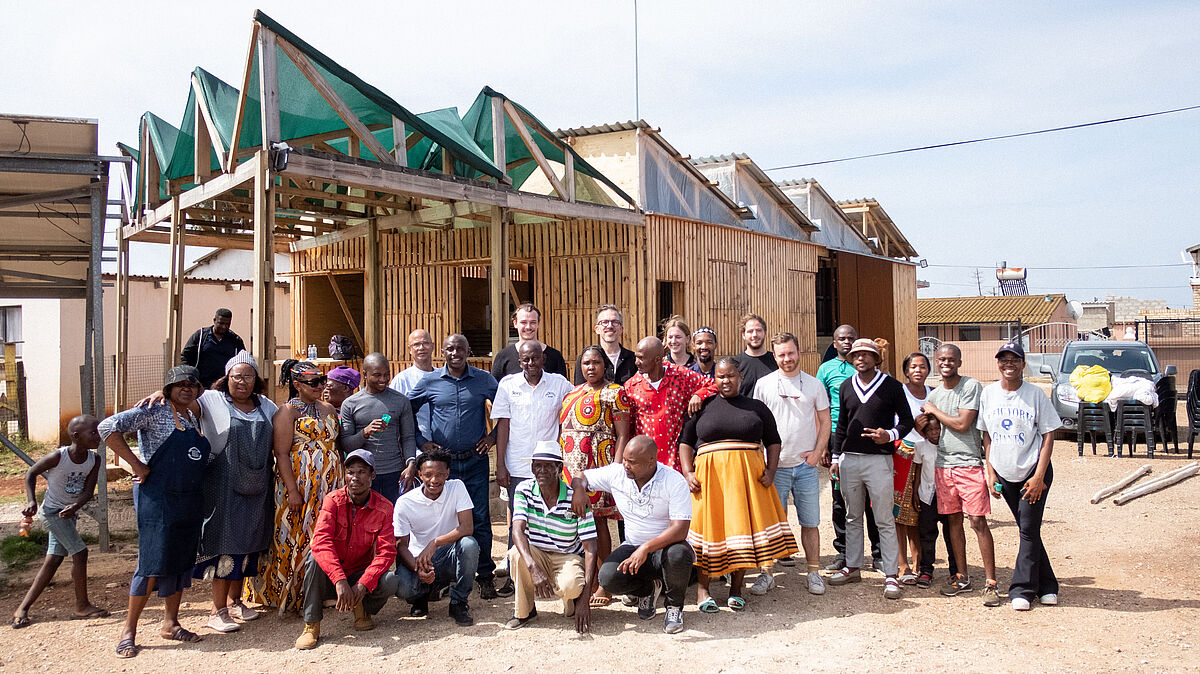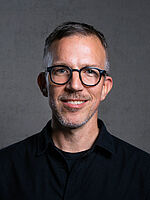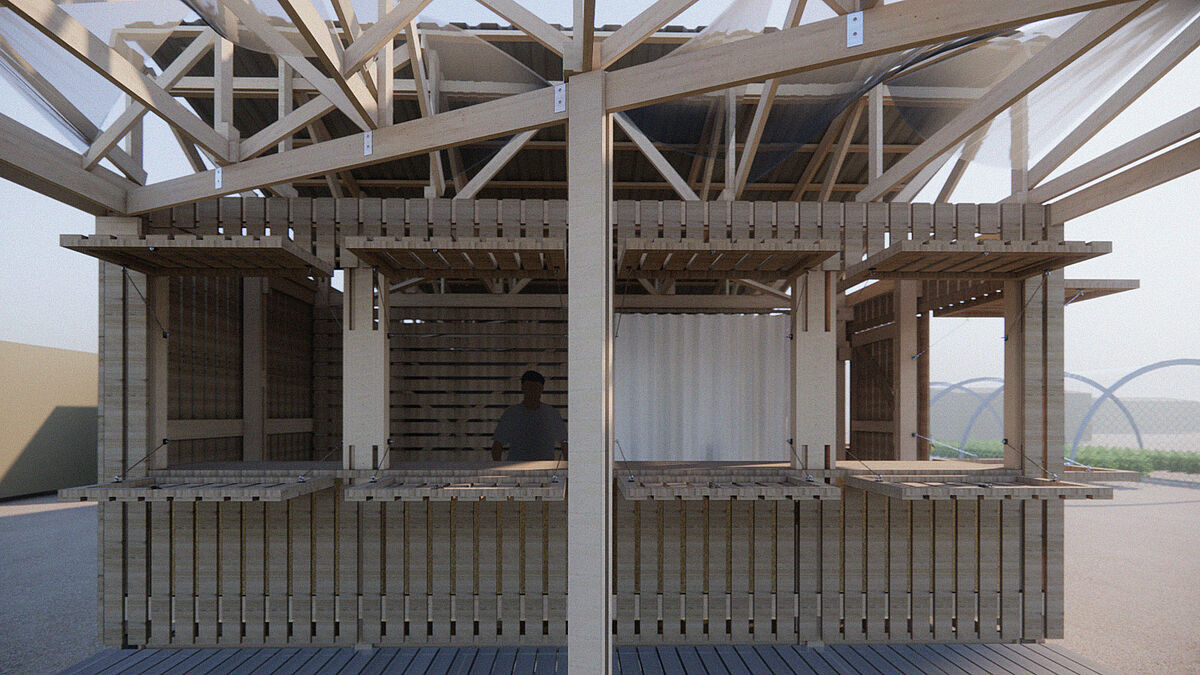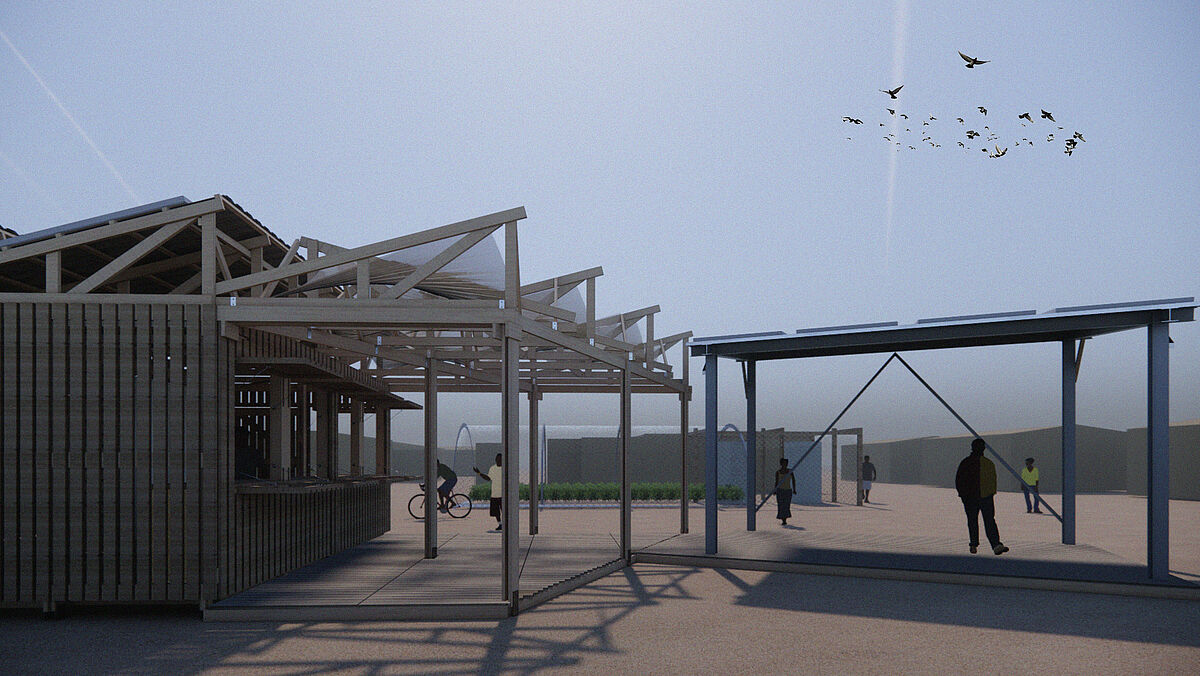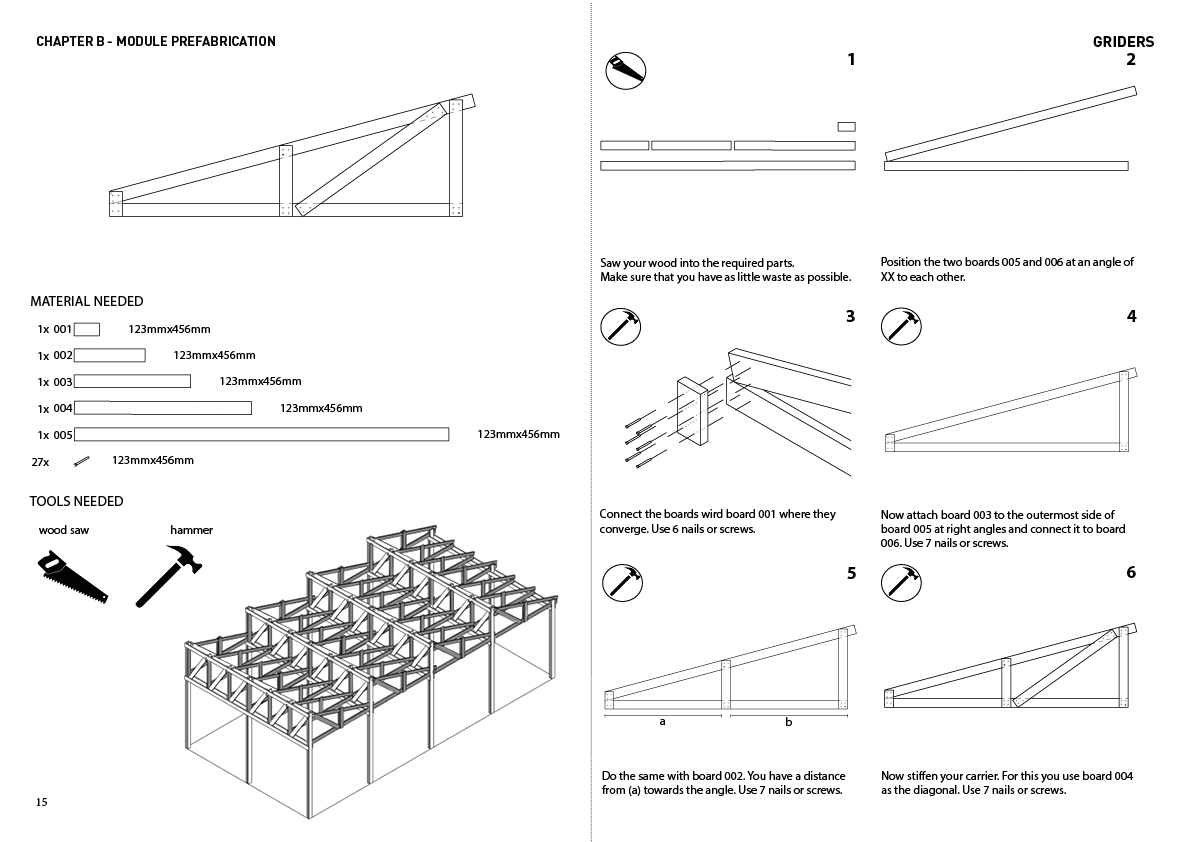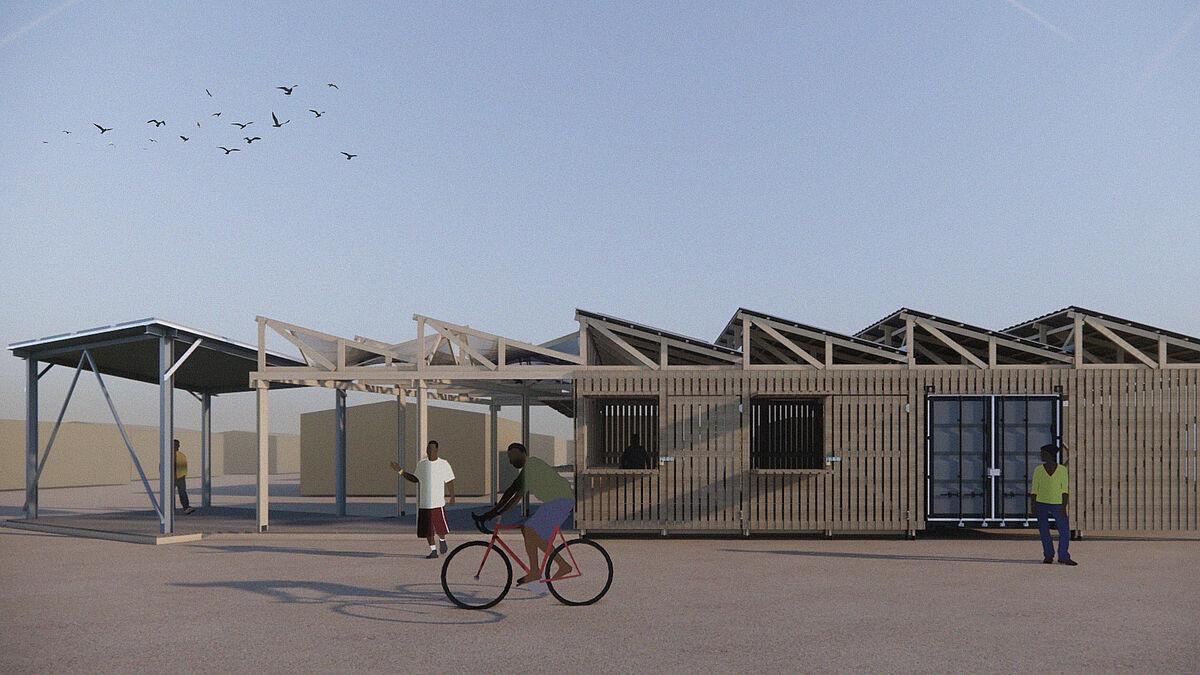
Kwazakhele Gap Tap Pilot
The core of this project is to pilot a sustainable localised economy in Kwazakhele one of the “old” townships of Nelson Mandela Bay. The possibilities include the use of 120 “gap taps” for food and energy production, waste recycling and waste-to-energy/waste-to-plastics facilities, fresh produce markets, and locally-owned restaurants, food outlets and entertainment facilities. All such initiatives would be owned and managed by residents of the area, in an interlocking set of neighbourhood cooperatives. (Written by Janet Cherry. She is an ecosocialist activist and Professor of Development Studies at Nelson Mandela University in Port Elizabeth).
An example is the „Saltuba Gap Tap Cooperative“ that produces food (vegetables), energy (PV solar) and also recycles waste on one of these open pieces of land that originally provided water from stand pipes for the 36 surrounding houses.
The Joint Action Project in the winter of 2021/22 rose to the challenge of a world in pandemic isolation: What participatory strategies and interactive formats could be developed to design and plan a building for the neighborhood cooperative to store tools and waste, collect water, install solar panels and come together as a community?
To continue the successfully established intercultural exchange and knowledge transfer between Hochschule Wismar and our South African partners, weekly digital meetings with the KwaZakhele township cooperative and the Port-Elizabeth artisan PE college helped to define on site needs and the design for a small, modular neighborhood building. The implementation planning was worked out and documented by the German architecture students in such a way that all connection details, dimensions, and prefabrication elements could be built independently by the users on site with the help of the PE college.
The students from Wismar checked their solutions with a prototype test structure in Germany and translated their ideas into a detailed"construction manual". This manual and the modular logic of the building should, on the completion of the semester, enable the cooperative to transfer the knowledge they have collected to construct other properties and to refine the design to meet the needs of future sites.
Independent and spontaneous design and detail deviations have to be developed to facilitate the use of regional resources and allow a strong identification with the self-build structure and enable subsequent consolidation of the project.
In the summer of 2022, a delegation from the TVET PE-College was able to report on the changes and experiences during a workshop in Wismar and thus bring the adapted knowledge back to the German student group. A delegation of German participants was also able to attend the inauguration of the Kwazakhele Gap Tap Pilot in December 2022.
Kontakt
Information
Year 2021/2022
Course:
Hochschule Wismar
Faculty of Architecture and Design
Architecture
Nelson Mandela University
South Africa
Development Studies
Human Settlements
Supervisors:
Prof i. V. Daniel Hülseweg
Frauke Nessler
Wolfgang Dörk
Hlwati Sigqibo
Participants Hochschule Wismar:
Jennifer Beyer, Defne Ercenti, Johannes Frenzel, Rosalie Grohmann, Tim Hasler, Lukas Heese, Raphael Holsten, Klaas Honsack, Mandy Kaden, Damian Lürbke,Millena Müller, Klaudia Ovadova, Peer Röder, Aljoscha Schmidt, Anton Stelz, Brenda Sunas, Lakshya Wadhwani,
Supervisors Nelson Mandela University:
Prof. Janet Cherry, Prof. Paul Makasa, Prof. Sijekula Mbanga, Sigqibo Hlwati
Participants Nelson Mandela University:
Kelsey Bruce, Lelethu Buso, Olanda Madlulela, Lisakhanya Mange, Sipho C. Mashiyane, Likhona Nqunqa, Sokrowa Thulani, Yonela Xhaxh,
Cooperation partner
Nelson Mandela University, South Africa »
Port Elizabeth TVET College »
Supported by
DAAD – Deutscher Akademischer Austauschdienst »
The Ministry for Economic Cooperation and Development (BMZ) »
Sto-Stiftung »
Material sponsoring
Isuzu »

